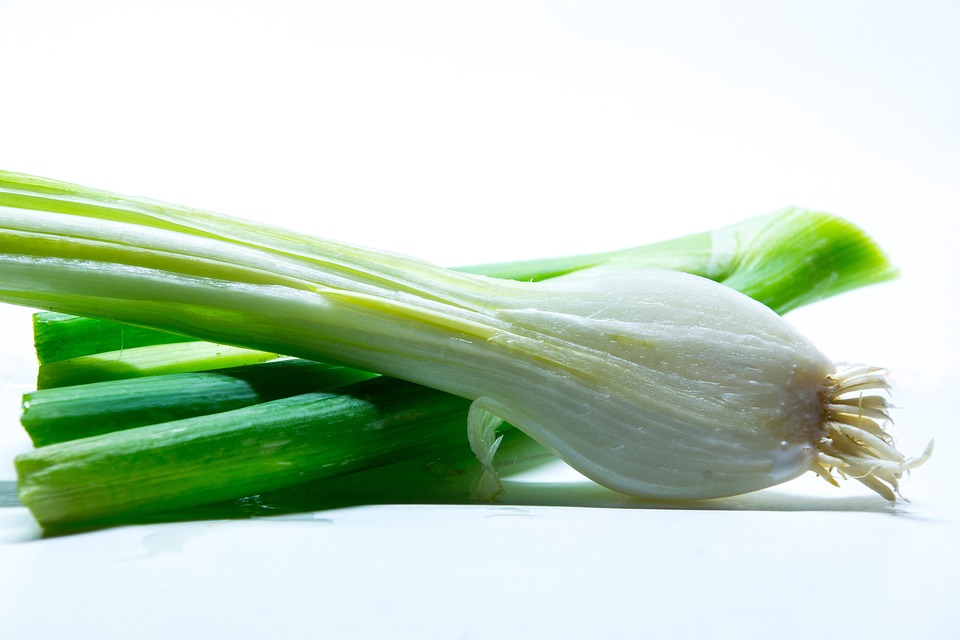Introduction
Food insecurity, defined as the lack of access to adequate and nutritious food, is a pressing issue affecting millions of people worldwide. In an era where convenience and processed foods dominate the market, it is crucial to consider sustainable and grassroots solutions to address this problem. One such solution gaining momentum is the promotion and establishment of edible gardens. By cultivating fruits, vegetables, and herbs in our own communities, we not only foster a sense of self-sufficiency but also improve food accessibility and nutrition for those in need.
Bridging the Food Gap
Access to fresh and nutritious food is often limited in low-income neighborhoods and rural areas, commonly referred to as “food deserts”. Supermarkets are scarce, and the available options are often highly processed and lacking in nutritional value. Edible gardens act as a bridge, bringing communities closer to a sustainable food source. By growing their own produce, individuals and communities can fill the gap left by limited access to fresh fruits and vegetables, ultimately improving their overall health and well-being.
Community Engagement and Empowerment
Edible gardens are not just about planting and harvesting food; they also bring people together. Involving community members in the process of cultivation fosters a sense of connection and empowerment. Participants learn about sustainable farming practices, nutrition, and food preparation, equipping them with valuable skills. Furthermore, these projects encourage collaboration, boosting social cohesion, and creating resilient communities capable of addressing food insecurity and related challenges.
Educational Opportunities
Edible gardens present numerous educational opportunities, particularly for children. Schools and educational institutions can use these gardens to teach students about sustainability, plant biology, and nutrition. By involving students in the entire process, from sowing seeds to harvesting and cooking the produce, children gain a practical understanding of where food comes from and how to make healthy choices. This hands-on education contributes to building a future generation that values and understands the importance of food security.
Sustainability and Environmental Benefits
Traditional agricultural practices often heavily rely on chemical inputs and long transportation distances, contributing to environmental degradation and greenhouse gas emissions. Edible gardens promote sustainable farming techniques such as organic farming, permaculture, and composting. By reducing the need for synthetic fertilizers and pesticides, as well as limiting food miles, these gardens significantly lower their ecological footprint. Additionally, the increased presence of vegetation improves air quality, absorbs carbon dioxide, and enhances biodiversity within urban spaces.
FAQs
Q: How much space is needed to establish an edible garden?
A: The space required for an edible garden varies depending on individual preferences and available area. It can range from a small container garden on a balcony to a larger plot in a backyard or community space. Regardless of size, the focus should be on maximizing the use of available space and selecting appropriate plants for the conditions.
Q: Can edible gardens be maintained year-round?
A: Yes, with proper planning and plant selection, edible gardens can be maintained throughout the year. In colder climates, utilizing season extension techniques like hoop houses, cold frames, or indoor gardening can allow for year-round production. Also, planting a variety of crops with different harvest times ensures a continuous supply of fresh produce.
Q: Are edible gardens only for those with gardening experience?
A: Not at all. Edible gardens can be enjoyed by people of all gardening skill levels, from beginners to experienced horticulturists. Starting small and gradually expanding allows beginners to learn and acquire knowledge while building confidence. Additionally, local gardening groups and organizations often provide resources, guidance, and workshops for those who are new to gardening.
Q: Can edible gardens address food insecurity on a larger scale?
A: While each individual edible garden may have a limited immediate impact, scaling up the concept can make a significant difference. Community gardens, school gardens, and urban farming initiatives can collectively contribute to addressing food insecurity on a larger scale. By replicating and expanding successful models, we can work towards ensuring food security for all.




